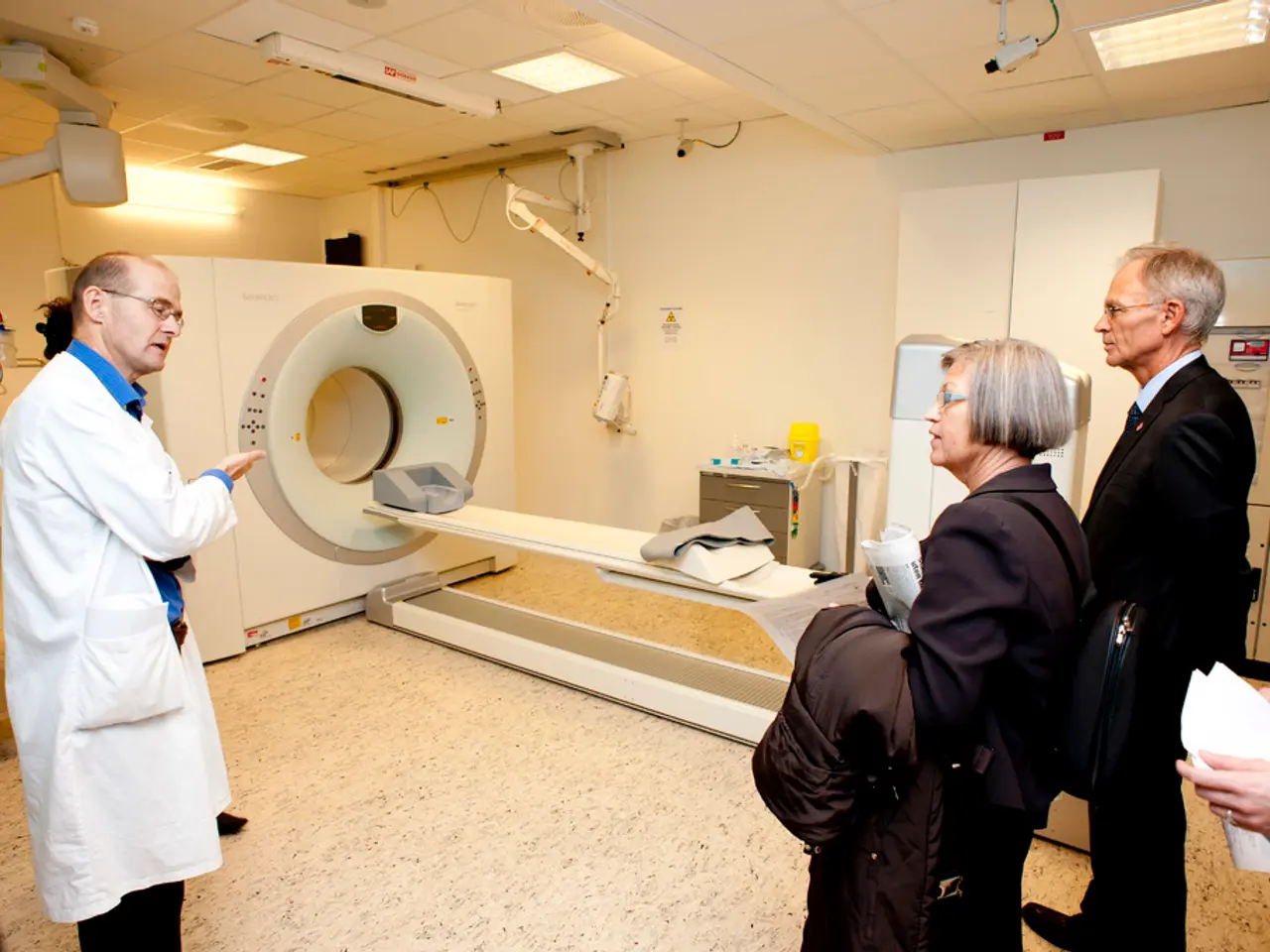MRI Safety and Implanted Medical Devices: Is It Secure?
For individuals with implanted cardiac devices like pacemakers, defibrillators, heart valves, or stents, MRI and CT scans require careful safety considerations and guidelines to avoid device malfunction or patient harm.
Key Safety Guidelines for MRI with Implanted Cardiac Devices
- Check device MRI compatibility: Many modern pacemakers, defibrillators, and heart valves are labeled either MRI Safe, MRI Conditional, or MRI Unsafe. Only devices labeled MRI Safe or MRI Conditional under specific conditions can be scanned safely. Older devices or those containing ferromagnetic metals are typically contraindicated for MRI due to the risk from the magnetic field.
- Pre-scan evaluation: Patients must inform their healthcare provider about any implanted cardiac devices. Physicians and radiologists assess device type, model, and MRI compatibility before scheduling. Some devices require special programming or settings adjustments before the scan.
- Use of MRI Conditional protocols: For devices deemed MRI Conditional, scanning occurs under strict conditions such as certain MRI machine field strengths (e.g., 1.5 Tesla), specific device programming modes, and continuous monitoring during the exam.
- Avoid MRI if high risk: Patients with older pacemakers, implantable cardioverter defibrillators (ICDs) not approved for MRI, or ferromagnetic implants are generally advised against MRI because of potential device heating, malfunction, or dislodgement.
- Patient safety protocols: All metallic objects (including jewelry, metallic clothing items) must be removed before MRI to avoid projectile hazards in the magnetic environment. Monitoring is done during MRI to detect any complications promptly.
- Special considerations: Patients with severe kidney disease should be cautious with contrast agents used in MRI or CT scans, as they may cause complications.
CT Scans for Implanted Cardiac Devices
Unlike MRI, CT scans use ionizing radiation and do not involve strong magnetic fields, so patients with implanted cardiac devices including pacemakers, defibrillators, heart valves, or stents typically do not face the same risks with CT. However, any metal artifacts from devices can affect image quality.
Importance of Device Information
When getting an implanted device such as a pacemaker or defibrillator, a card is provided that includes the manufacturer, model name, model number, a website, and a phone number to call with questions. Having this card available provides all the important information needed to determine if and how an MRI scan can be performed safely.
Recent Developments
Older pacemakers that are not MRI-conditional are not routinely recommended for MRI scans, but more data suggests that even MRI-conditional devices may be scanned under supervised conditions. Most heart valves and coronary artery stents can go safely through an MRI scanner.
Expert Opinion
Dr. Flamm, a leading expert in the field, uses the term "MRI-conditional" instead of "MRI-safe" when referring to devices that can undergo MRI scans. For safety reasons, an MRI scan will not be performed if the device type is unknown.
In summary, MRI scans are possible but must follow stringent safety protocols and device compatibility checks for patients with implanted cardiac devices, while CT scans generally pose fewer device-related risks but must be used judiciously. Coordination among cardiologists, radiologists, and MRI technologists is essential to ensure safe imaging.




